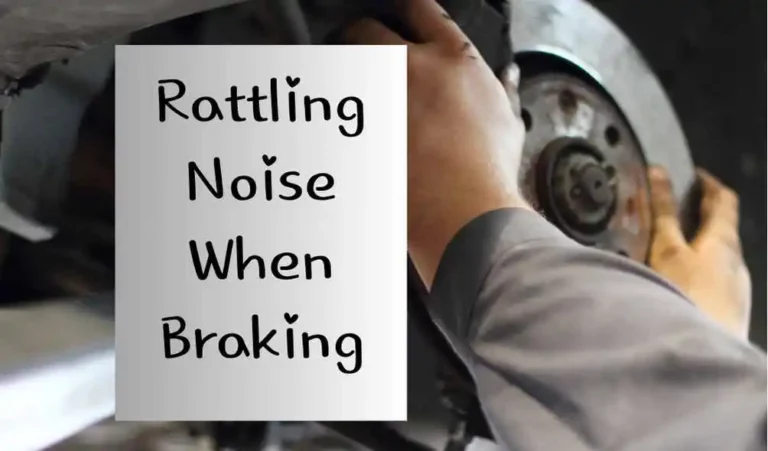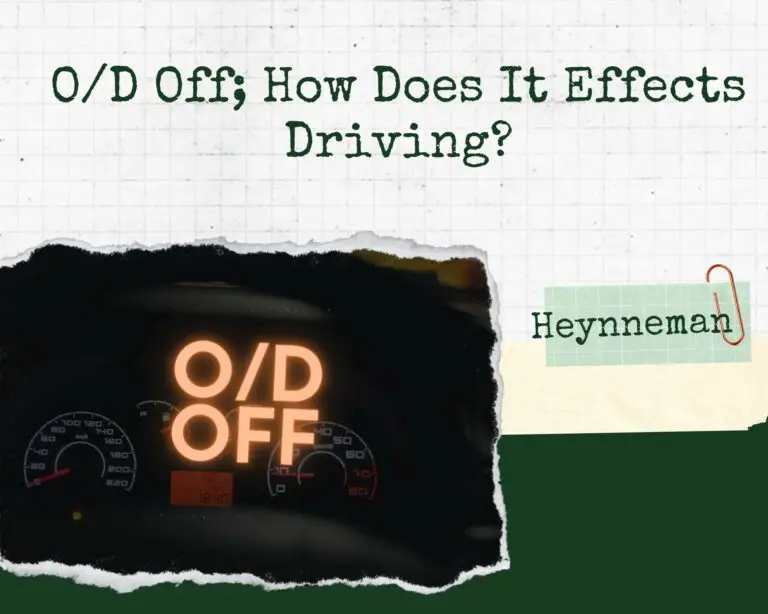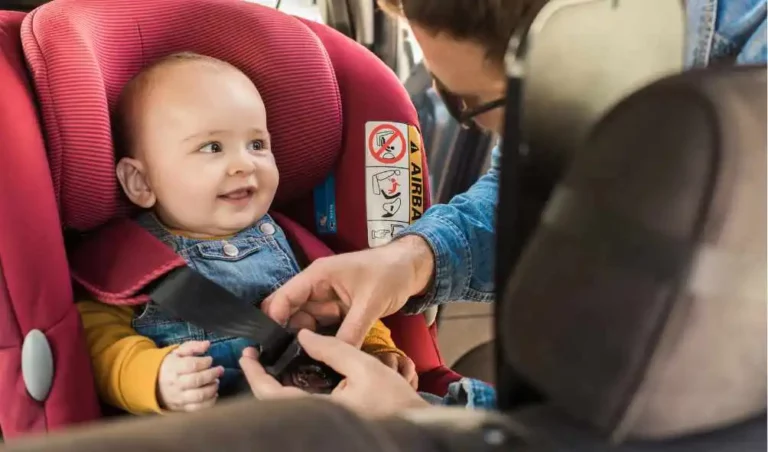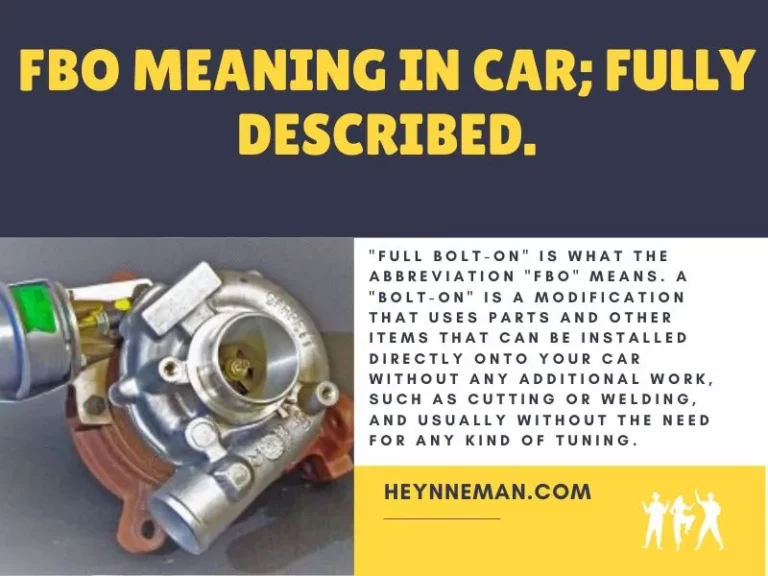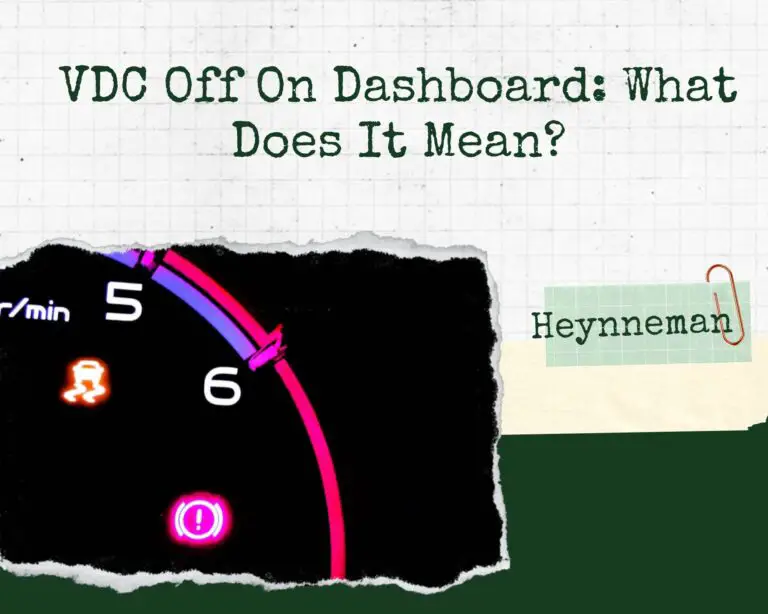Car Revving On Its Own; Causes, Fixing And Prevention
Have you ever been in your car and noticed the engine suddenly revving on its own? It can be a terrifying experience, and addressing this issue immediately is essential for your safety and your vehicle’s.
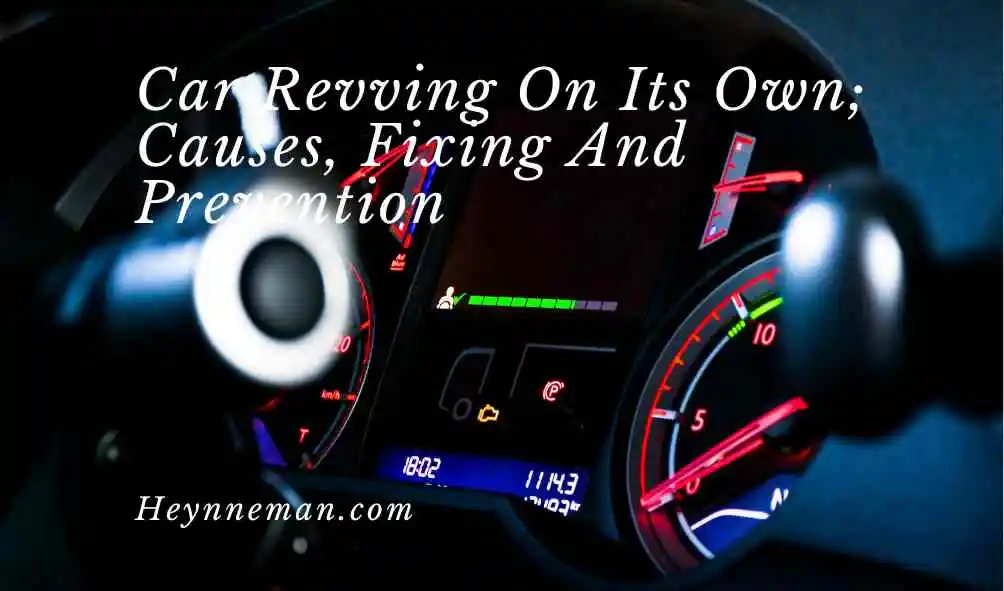
In this post, we’ll explore the causes of a car revving on its own and what you can do to fix it.
What Does it Mean When a Car Revs on Its Own?
When a car revs on its own, it means the engine runs at a higher RPM (revolutions per minute) than it should be, even when you’re not pressing the gas pedal.
This can happen while the car is in park or while driving. It’s a dangerous situation that can lead to accidents, as it can cause the vehicle to accelerate unexpectedly.
What Causes a Car to Rev on Its Own?
A car that revs on its own can be caused by various issues with its internal systems. Here are some of the most common causes of this problem:
Malfunctioning Throttle System
The throttle system controls the amount of air that enters the engine. If the system malfunctions, it may result in the engine revving on its own.
Stuck or Faulty Accelerator Pedal
A stuck or faulty accelerator pedal can also cause a car to rev independently. The pedal may be stuck due to debris or damage or be faulty and send incorrect engine signals.
Issue with the Idle Air Control Valve
The idle air control valve regulates the amount of air that enters the engine when the car is idle. If the valve is dirty or faulty, it may cause the engine to rev on its own.
Faulty Mass Airflow Sensor
The mass airflow sensor (MAF) measures the air that enters the engine and sends this information to the car’s computer. If the MAF is faulty, it may send incorrect signals to the computer, causing the engine to rev on its own.
Damaged or Dirty Carburetor
The carburetor mixes fuel and air before sending it to the engine. If the carburettor is dirty or damaged, it may not be able to mix the fuel and air properly, causing the engine to rev on its own.
Signs and Symptoms of a Car Revving on Its Own
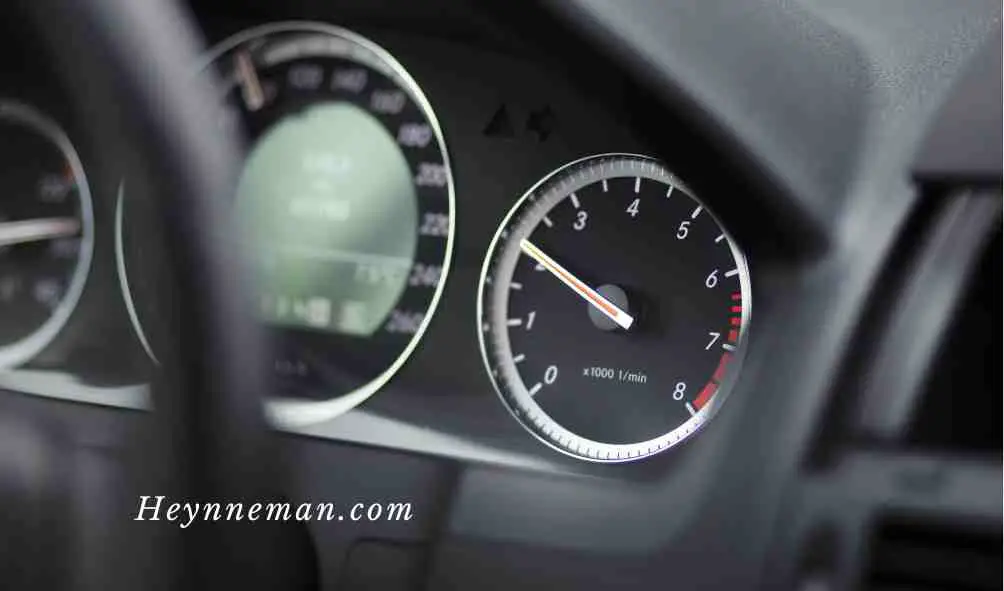
It’s important to recognize the signs and symptoms of a car revving on its own, as it can be dangerous. Here are some of the signs to look out for:
- Sudden increase in engine RPMs
- Unusual noises or vibrations coming from the engine
- Difficulty controlling the vehicle’s speed
If you notice any of these signs, it’s important to address the issue as soon as possible is important to prevent accidents and further damage to your car.
What happens if you Ignore the problem?
Ignoring a car that is revving on its own can lead to serious consequences. Some of the potential risks include:
- Loss of vehicle control
- Accidents and collisions
- Engine damage
If you ignore this issue, it may become more difficult and expensive to fix in the long run. It’s important to address the problem as soon as possible to prevent further damage and safety risks.
How to Fix a Car That’s Revving on Its Own
Fixing a car that is revving on its own will depend on the cause of the issue. Here are some basic troubleshooting steps you can take to fix the problem:
Check for Loose or Damaged Parts in the Throttle System
If the throttle system is the cause of the issue, you should check for any loose or damaged parts. Tighten or replace any damaged parts to see if this resolves the problem.
Inspect the Accelerator Pedal
Inspect the accelerator pedal for any debris or damage if it is stuck or faulty. Clean the pedal or replace it if necessary.
Clean or Replace the Idle Air Control Valve
If the idle air control valve is dirty or faulty, try cleaning it first. If cleaning doesn’t work, replace the valve.
Replace the Mass Airflow Sensor
If the mass airflow sensor is faulty, it must be replaced. Consult your car’s manual or a mechanic to ensure you get the correct replacement part.
Clean or Replace the Carburetor
If the carburetor is dirty or damaged, try cleaning it first. If cleaning doesn’t work, replace the carburetor.
If these basic troubleshooting steps don’t solve the issue, it’s important to take your car to a mechanic to diagnose and fix the problem. Ignoring the issue can lead to further damage and safety risks.
Why Does My Car Rev On Its Own While Driving?
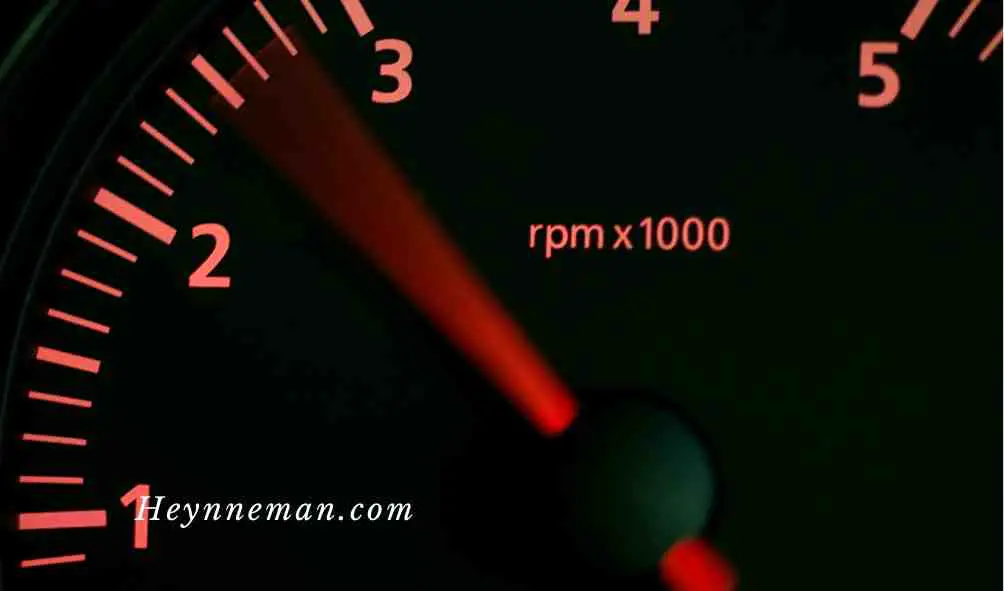
If your car revs on its own while driving, it can be a dangerous situation that requires immediate attention. Here are some possible reasons why this may be happening:
- Stuck Throttle
A stuck throttle can cause your car to rev on its own. This can happen due to a mechanical issue or a malfunctioning electronic throttle control system.
If the throttle is stuck open, the engine will continue to receive fuel, causing the car to accelerate on its own.
Vacuum Leak
A vacuum leak in the engine can cause the car to rev on its own. The leak allows extra air to enter the engine, which can cause the engine to run lean and rev on its own.
Vacuum leaks can be caused by a damaged vacuum hose or gasket, which should be replaced to fix the issue.
Faulty Mass Airflow Sensor
The mass airflow sensor (MAF) measures the amount of air entering the engine and sends this information to the car’s computer. If the MAF is faulty, it can send incorrect signals to the computer, causing the engine to rev on its own.
Dirty or Faulty Idle Air Control Valve
The idle air control valve (IAC) regulates the amount of air entering the engine when the car is idle. If the IAC is dirty or faulty, it can cause the engine to rev on its own.
Transmission Issues
If the transmission is not shifting properly, it can cause the engine to rev on its own. This can be due to a variety of issues, including low transmission fluid, a damaged transmission solenoid, or a faulty torque converter.
It’s important to address this issue as soon as possible to prevent accidents and further damage to your car. We recommend consulting a mechanic to diagnose and fix the problem.
Engine Revving Up and Down at Idle FIXED
Conclusion
A car revving on its own is a dangerous situation that can be caused by various issues with the car’s internal systems. It’s essential to recognize the signs and symptoms of this issue and the potential risks of ignoring it. By taking the appropriate troubleshooting steps and consulting a mechanic if necessary, you can fix the problem and ensure the safety of yourself and others on the road.

